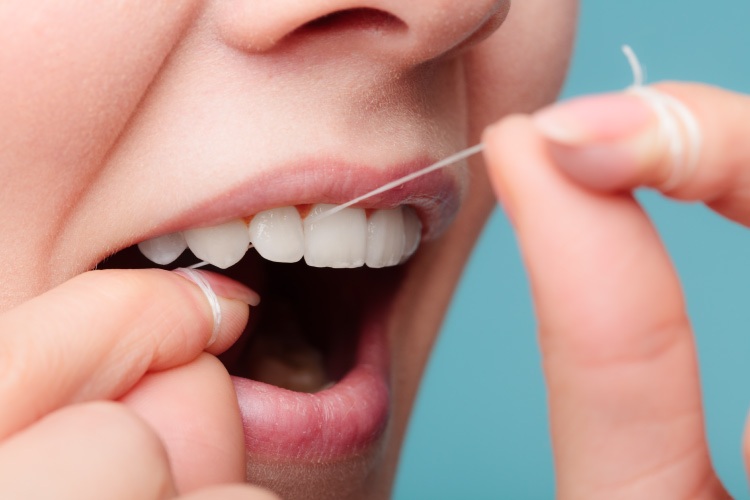What is periodontal (gum) disease?
Periodontal disease (commonly referred to as gum disease) is a chronic bacterial infection of the tissues surrounding and supporting the teeth. It is a major cause of tooth loss in adults. Because periodontal (gum) disease is usually painless, you may not know you have it. Periodontal (gum) disease is caused by plaque, a sticky film of bacteria that constantly forms on the teeth.

These bacteria create toxins that damage the gums and destroy the underlying bone that holds your teeth in place.
In the early stage of periodontal (gum) disease, called gingivitis, the gums can become red, swollen and bleed easily. At this stage, the disease is still reversible and can usually be eliminated by bacterial debridement at our office and daily brushing and flossing.
In the more advanced stages of periodontal (gum) disease, called periodontitis, the gums and bone that support the teeth can become seriously damaged. Dr. Miller will recommend treatment if you have periodontitis to prevent your teeth from becoming loose, or having to be removed. We provide several successful and comfortable types of treatment for periodontitis. Specific treatment recommendations will vary according to the severity of your condition.
What are the signs of periodontal (gum) disease?
If you notice any of the following signs of periodontal (gum) disease, let our office know as soon as possible, as you may have active disease.
- Gums that bleed when you brush your teeth
- Red, swollen or tender gums
- Gums that have pulled away from the teeth
- Bad breath that doesn't go away
- Pus between your teeth and gums
- Loose teeth
- A change in the way your teeth fit together when you bite
- Change in the fit of partial dentures
How can I prevent periodontal (gum) disease?
The good news is that you can prevent periodontal (gum) disease by taking good care of your teeth every day and having regular dental checkups and cleanings. Here's how to keep your teeth and gums healthy:
- Brush your teeth well at least twice a day
- Clean between your teeth with floss at least once a day
- Eat a balanced diet
- Visit your dentist regularly
It is important to have regular dental checkups, and a professional cleaning at least twice a year is essential to prevent periodontal diseases. Our office will customize a routine that is right for you!
